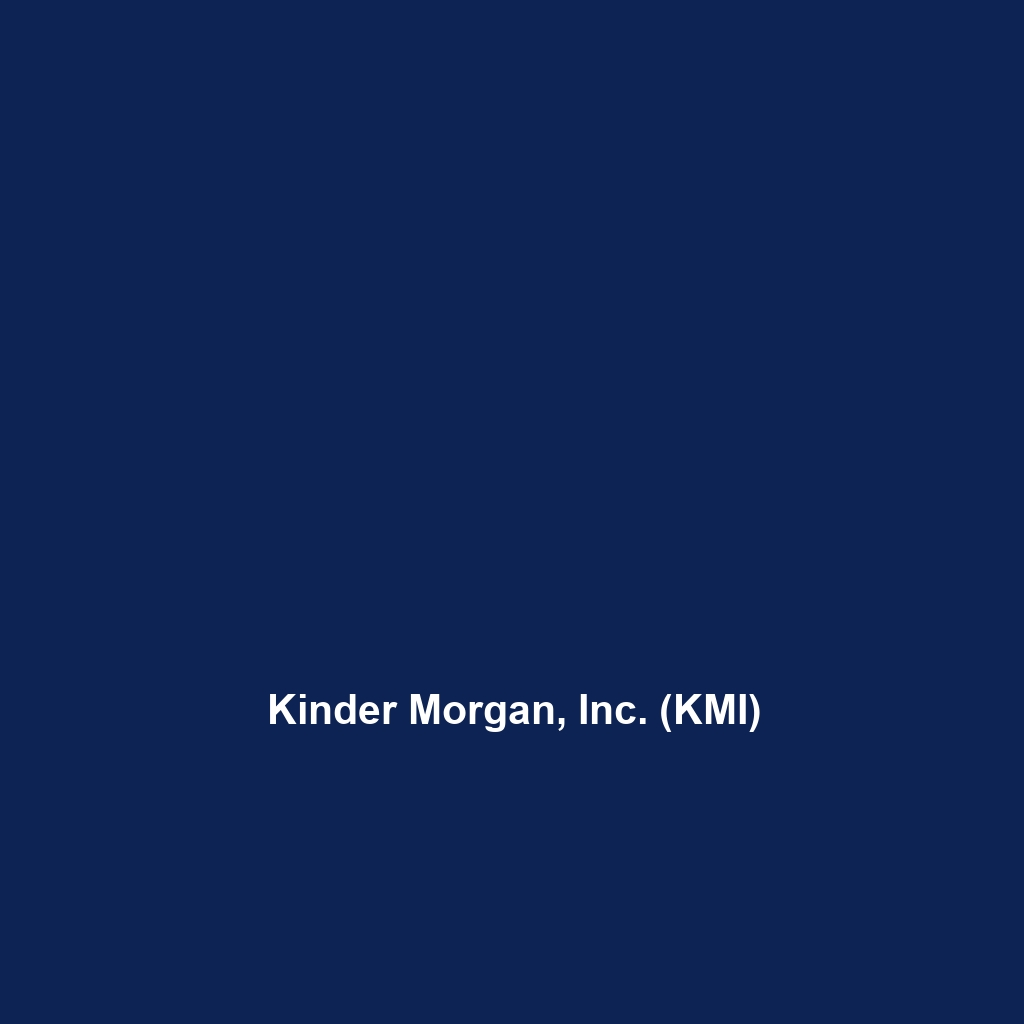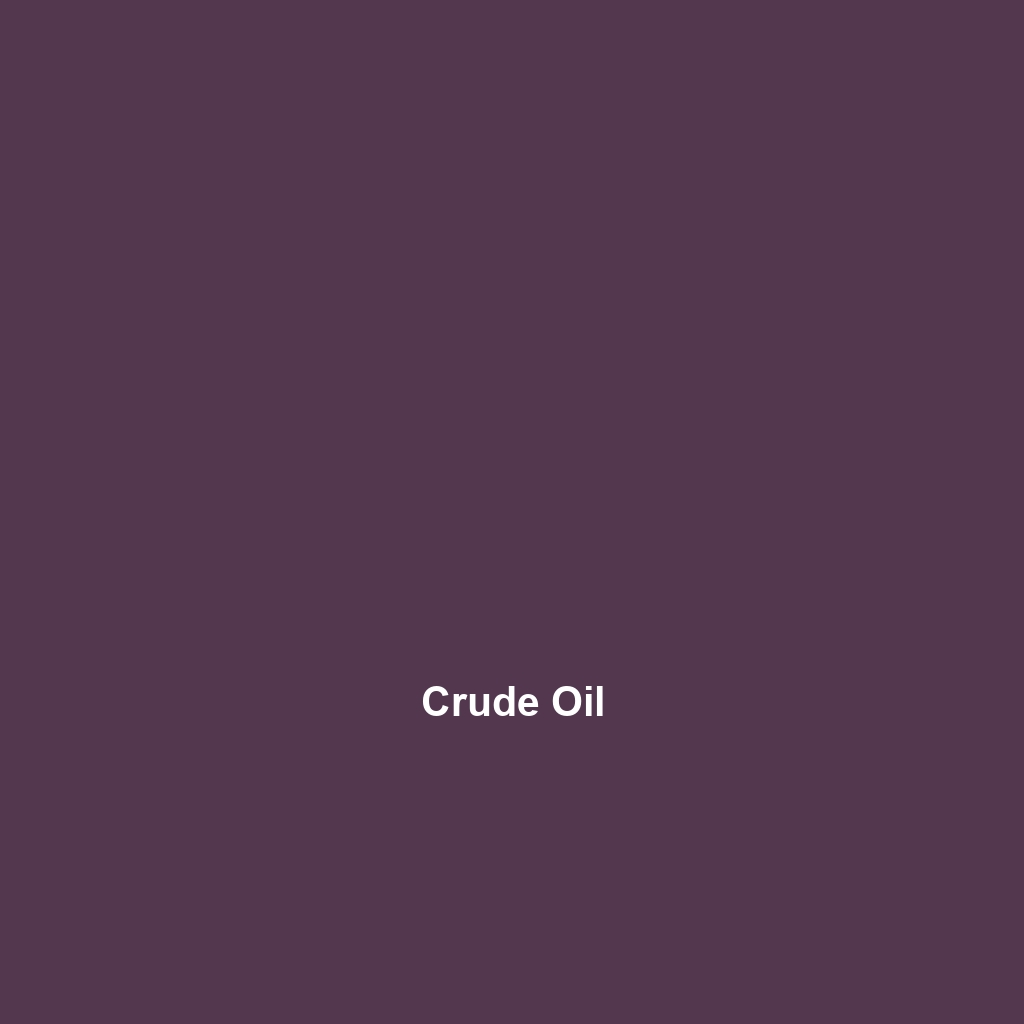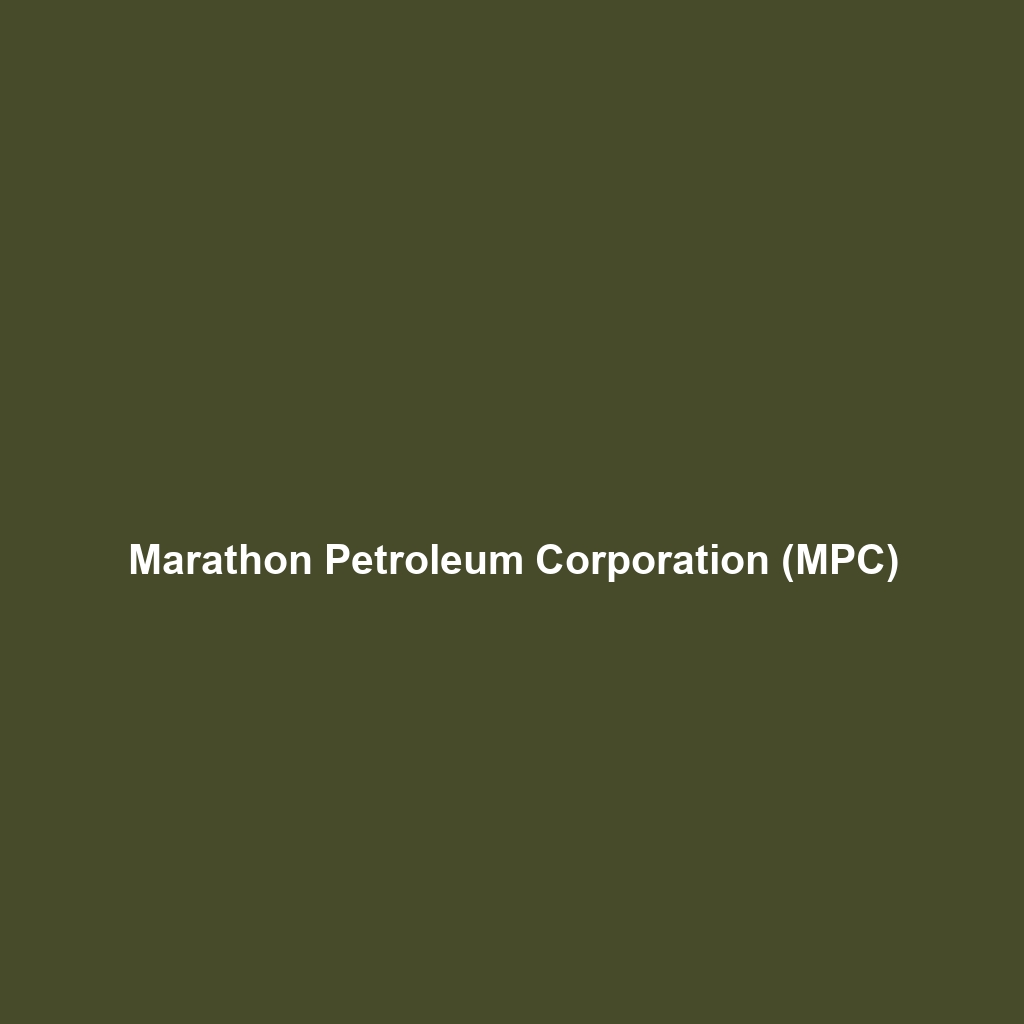Your cart is currently empty!
Tag: Petroleum Products

Kinder Morgan, Inc. (KMI)
Summary
Kinder Morgan, Inc. (KMI) is one of the largest energy infrastructure companies in North America. Operating through a diverse set of subsidiaries, Kinder Morgan primarily transports and stores natural gas, crude oil, and other petroleum products. The company’s extensive pipeline network is crucial for supporting the energy needs of various sectors, including residential, commercial, and industrial markets. With a robust commitment to safety and sustainability, KMI continues to adapt to the evolving energy landscape.
News
Recent headlines surrounding Kinder Morgan focus on their expansion initiatives in renewable energy and their commitment to reducing carbon emissions. In the latest update, the company announced plans to invest approximately $1.5 billion into renewable fuel infrastructure. This move aligns with Kinder Morgan’s long-term strategy of transitioning towards greener energy solutions while still maintaining its core business operations. Additionally, the company has been actively involved in discussions regarding new legislative measures affecting energy transport regulations.
Research
Analysts have recently revised their outlook on Kinder Morgan, reflecting strong demand for natural gas infrastructure. Research indicates that KMI is well-positioned to capitalize on the anticipated growth in energy consumption. Experts point out that through acquisitions and organic growth, Kinder Morgan continues to enhance its asset portfolio. Furthermore, KMI’s increasing focus on sustainable energy solutions suggests a progressive shift towards meeting the global demand for cleaner energy sources. This improved positioning may attract long-term investors looking for stability in the energy sector.
Charts
Kinder Morgan’s stock performance can be analyzed through various charts reflecting historical price movements, trading volumes, and technical indicators. The trends in KMI’s stock price display a resilient recovery post-pandemic, with stock analysts forecasting positive gains based on the company’s ongoing projects and strategic investments. Investors can access detailed charts on popular financial news websites that provide real-time insights on stock fluctuations and historical performance, aiding in informed trading decisions.
Community
Kinder Morgan actively engages with local communities through numerous outreach and support programs. The company emphasizes its commitment to community development by investing in educational initiatives and environmental stewardship projects. Furthermore, Kinder Morgan is dedicated to transparency and maintaining an open dialogue with stakeholders, ensuring that community concerns are heard and addressed effectively. Their support extends beyond financial contributions, as they engage in volunteer work and collaboration with local organizations.
Statistics
- Market Cap: $41.5 billion,
- P/E Ratio: 22.75,
- Dividend Yield: 6.31%,
- 52-Week Range: $15.85 – $20.89,
- Average Volume: 9.8 million shares
Financials
- Revenue: $12.2 billion,
- Net Income: $3.05 billion,
- Cash Flow: $4.5 billion
Historical Data
Kinder Morgan’s historical stock data reveals substantial fluctuations influenced by market trends and energy price volatility. The stock has shown resilience over time, particularly post-2020, as the company adapted to increased demand for natural gas. Investors should review historical data to understand how external economic factors and company strategies have historically affected KMI’s market valuation.
Profile
Founded in 1997, Kinder Morgan, Inc. has emerged as a critical player in the North American energy domain. The company operates through various segments, including Natural Gas Pipelines, Products Pipelines, Terminals, and CO2. With a focus on operational efficiency and long-term growth, Kinder Morgan has become a preferred choice for investment among income-seeking investors, thanks largely to its reliable dividend payouts.
Analysis
Analysts often commend Kinder Morgan for its strategic positioning in the energy market, particularly its expansive pipeline infrastructure. By continuously investing in maintenance and development of its assets, KMI not only fortifies its market presence but also mitigates risks associated with aging infrastructure. Furthermore, the company’s proactive approach to integrating renewable energy solutions into its business model positions it favorably as energy trends shift toward sustainability. Projections indicate potential for further growth, making KMI a potentially attractive investment opportunity.
Options
Kinder Morgan offers a variety of options for investors seeking to hedge or enhance their positions. Various options strategies, including covered calls or protective puts, provide a flexible approach for managing risk and securing dividends. Investors should consider their individual risk tolerance and market outlook when choosing appropriate options on KMI stock, as the volatility in the energy sector can create unique trading opportunities.
Holders
Kinder Morgan’s shareholder base comprises a mix of institutional and retail investors. The company has successfully attracted long-term investors, driven by its robust dividend yield and steady cash flow. Additionally, Kinder Morgan regularly communicates with its shareholders, ensuring transparency in financial performance and corporate governance practices.
Sustainability
Kinder Morgan is committed to sustainability and environmental stewardship, actively working towards reducing its carbon footprint and enhancing the safety of its operations. The company has implemented various initiatives to improve energy efficiency and invest in renewable technologies. Kinder Morgan’s sustainability efforts underscore its goal to align with global commitment to energy transition while maintaining operational excellence in traditional energy segments.
Key Executives
Top Institutional Holders
- Vanguard Group,
- BlackRock,
- Fidelity
For more insights into Kinder Morgan and other investment opportunities, visit UpCubeMoney.com.

